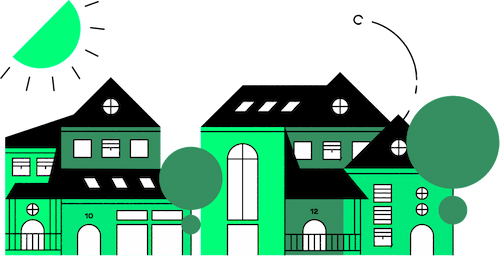Strike is moving to a new home
Find out moreDetached Houses for Sale in Liverpool

Whatever the budget, there are lots of detached houses for sale in Liverpool. If you’re looking for something imposing and impressive, there are Victorian detached properties across Greater Liverpool, some of the most impressive in Sefton Park, Cressington Park and Crosby. Purpose-built detached houses could be more budget-friendly, like those in Knowsley, Anfield or West Derby.
Liverpool
Filters
Whatever the budget, there are lots of detached houses for sale in Liverpool. If you’re looking for something imposing and impressive, there are Victorian detached properties across Greater Liverpool, some of the most impressive in Sefton Park, Cressington Park and Crosby. Purpose-built detached houses could be more budget-friendly, like those in Knowsley, Anfield or West Derby.
No properties found
Try expanding your search filters
Strike feel free
Copyright © Strike Limited 2024

